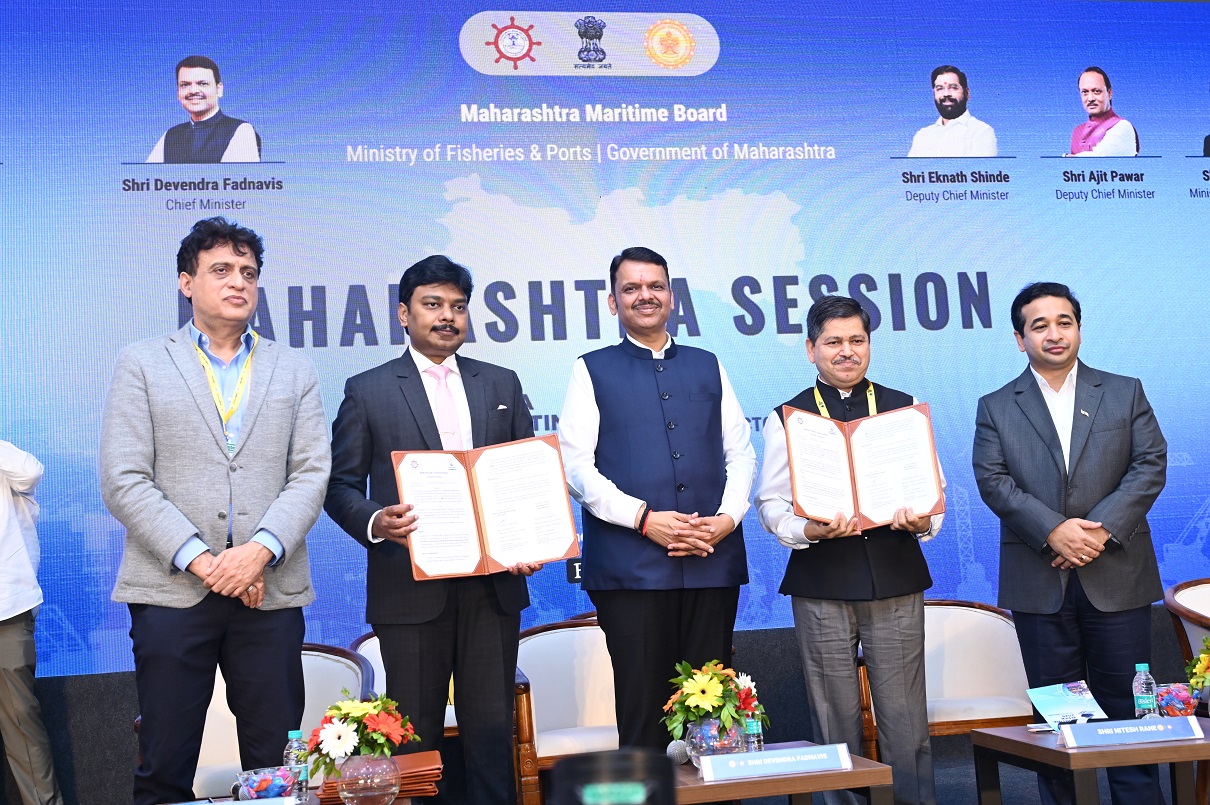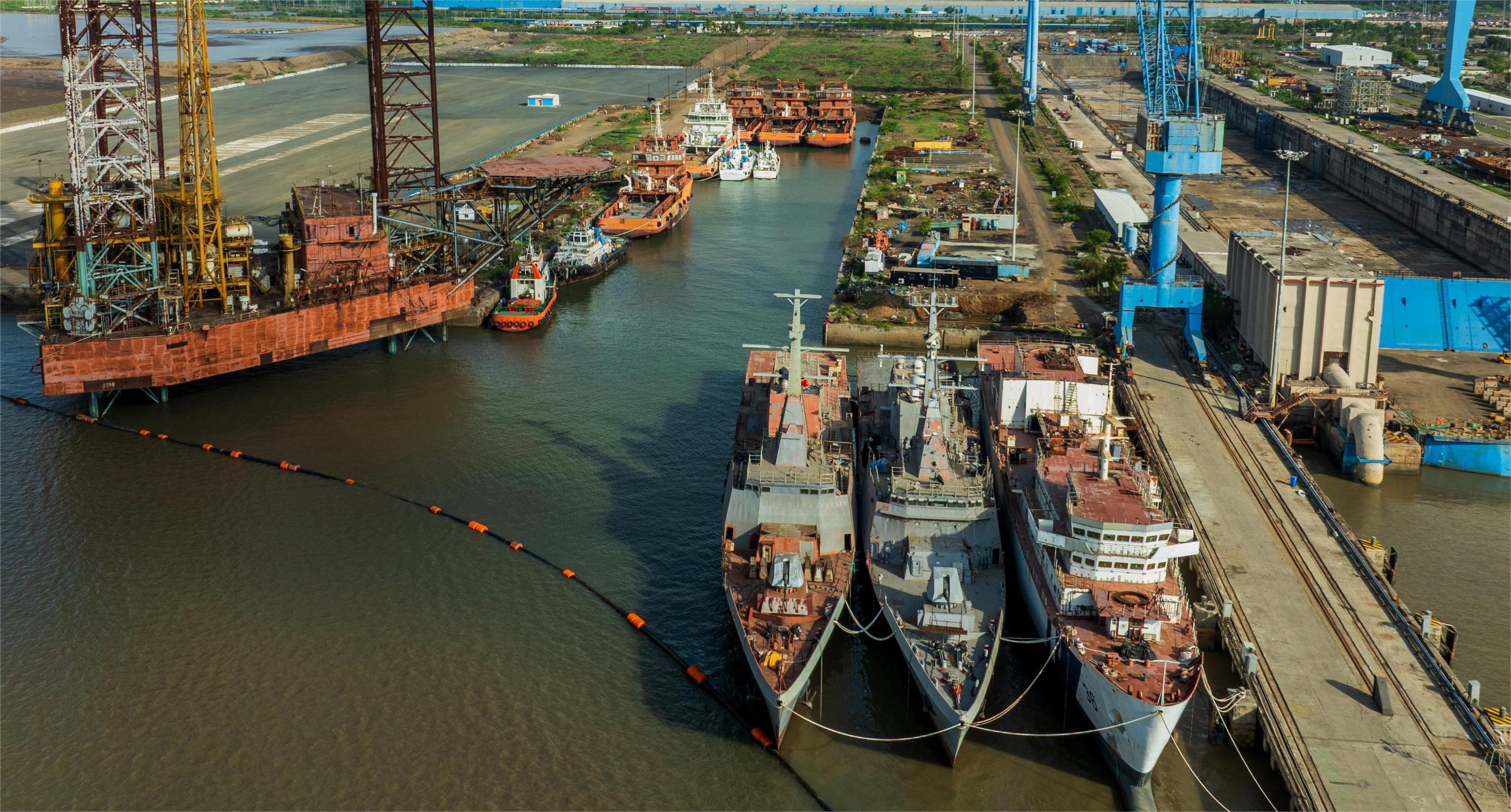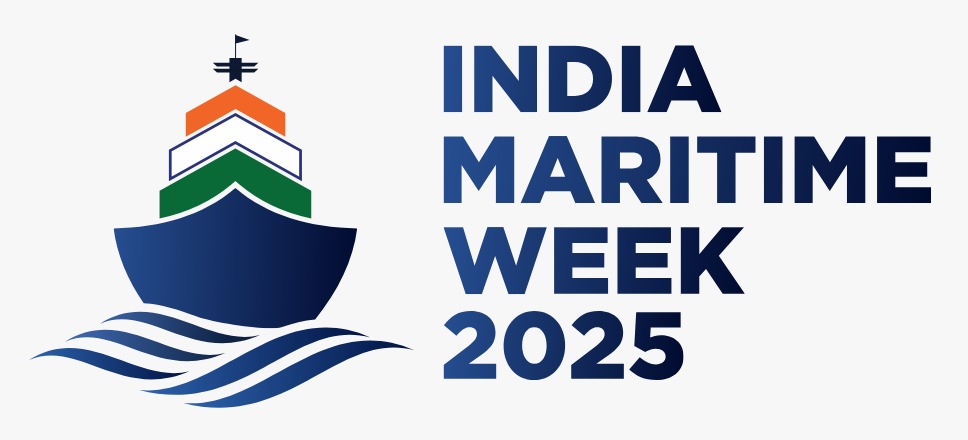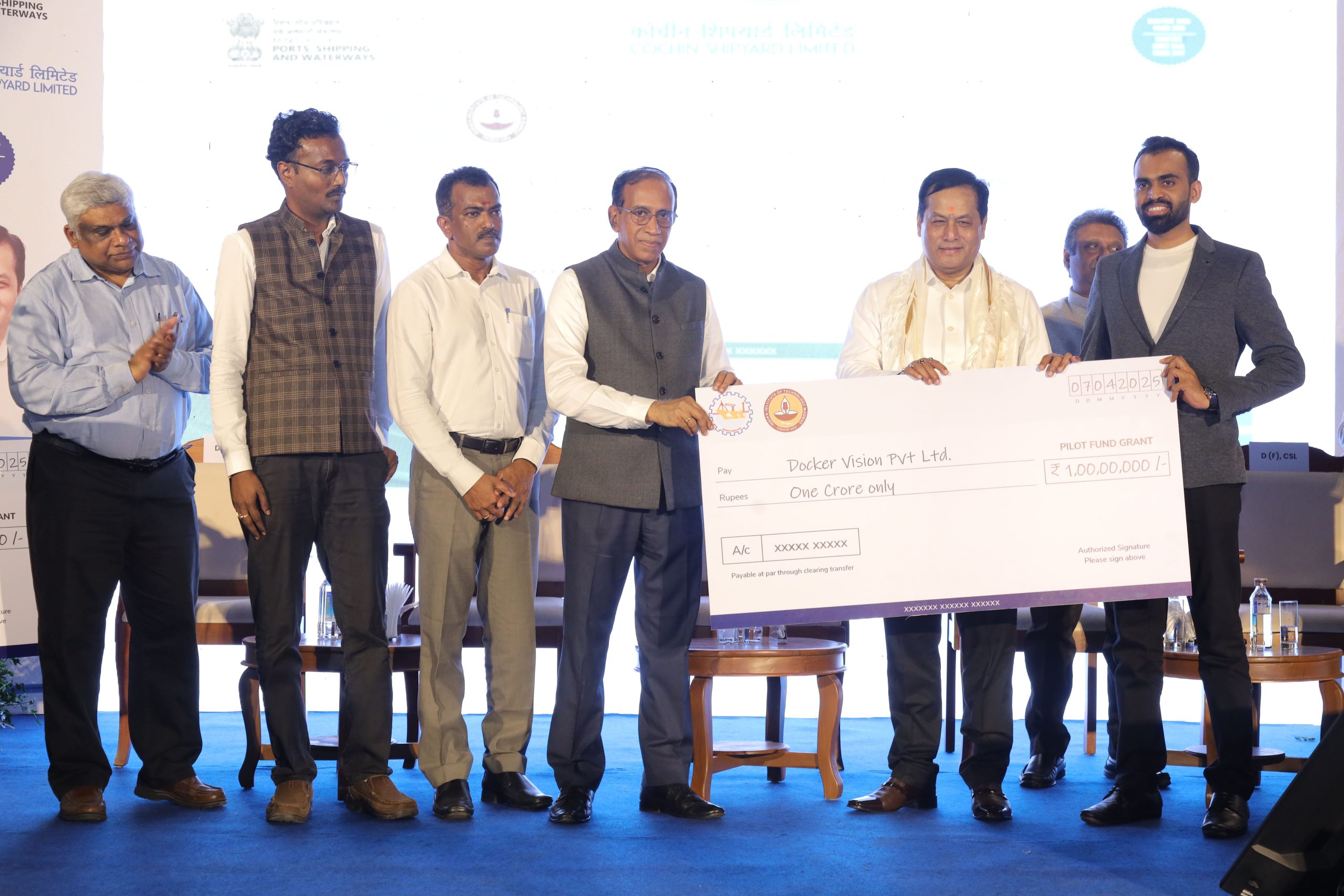Maritime News, Mumbai, India : Maharashtra took center stage at India Maritime Week 2025 as leaders from the state government, port authorities, and major private players convened to shape India’s next transformative leap in maritime infrastructure — the ambitious Vadhvan Port Project. The session highlighted an unprecedented development: for the first time, a state government has taken equity in a central government port project, signalling a tectonic shift in cooperative federalism and state-driven maritime strategy.
Delivering the keynote address, Chief Minister Devendra Fadnavis emphasized Maharashtra’s pivotal role in India’s maritime future:
“With the signing of 13 strategic MoUs today, Maharashtra takes a decisive step toward becoming the maritime superpower of India. These partnerships will strengthen shipbuilding and repair infrastructure, develop efficient water transport, and integrate our logistics with the global supply chain. The introduction of clean, electric water taxis from the new airport to the Gateway of India is a step in that sustainable direction. With the strong support of our Hon’ble Prime Minister, we are unlocking the immense potential of the blue economy, and Maharashtra will lead India’s maritime growth for the next fifty years.”
State Government Signals Stronger Federal Participation
Hon’ble Minister of Ports & Fisheries Nitesh Narayan Rane, who presided over the MoU exchanges, described the development as historic.
“This is the first time a state government is not just supporting, but investing equity into a central government port. Maharashtra is stepping forward as a stakeholder in India’s maritime rise.”
He stressed that the agreements would accelerate youth employment, boost ship repair capacity, support coastal economic communities, and usher in cleaner transport modes.
“These MoUs are more than documents — they are commitments to new jobs, new skills, and new opportunities for our coastal economy. With electric water taxis and greener mobility, we are giving Mumbai back its maritime identity.”
Rane thanked participating stakeholders, stating:
“Maharashtra is committed to seamless coordination, strong infrastructure support, and timely approvals to ensure Vadhvan becomes a landmark of India’s blue economy.”
Government Officials Outline Strategic Vision
Representing the Government of Maharashtra, anjay Sethi, IAS, ACS (Transport & Ports) added:
“Our investment is a commitment to employment generation, industrial development, and connectivity. The Nashik–Vadhvan road project will integrate industrial belts and create new economic clusters.”
He further highlighted how the airport–industrial corridor ecosystem around the Vadhvan region will evolve into a long-term economic powerhouse.
Industry Leadership Backs the Initiative
Unmesh Sharad Wagh, Chairman, Jawaharlal Nehru Port Authority (JNPA), underscored the implementation capacity:
“With global rankings among the top 20 container ports, JNPA is equipped to deliver this project efficiently. Sustainable reclamation, green hydrogen-based liquid terminals, and hydro bunkering capabilities form part of our long-term plan.”
From the private sector, Pranav Choudhary, CEO (Ports), Adani Ports & SEZ, emphasized project complexity:
“Port design demands precision — alignment, reclamation strategy, and environmental factors are being scientifically modelled to build a disaster-resilient and future-ready port.”
Rinkesh Roy, CEO & Joint Managing Director, JSW Infra, highlighted human capital:
“We need the next generation trained for logistics, digital systems, and port management. Infrastructure must grow alongside skill ecosystems.”
Shipbuilding Leadership Perspective
Mr. Madhu S Nair, CMD, Cochin Shipyard Limited, contextualized India’s global competitiveness:
“Globally, Japan, Korea, and China advanced through synchronized productivity, pricing, scope, and timelines. India must build not just ports — but processes and engineering systems that last for generations.”
A Unified Vision for a World-Class Ecosystem
Collectively, the speakers outlined a roadmap driven by:
- Green innovation
- Digital integration
- Local community participation
- Skill development
- Strategic connectivity
Maharashtra’s Ambition, India’s Momentum
As India accelerates toward a future powered by the blue economy, Vadhvan Port is poised to become one of the world’s most advanced maritime hubs, joining the ranks of top global ports and redefining the western coastline’s economic trajectory.
The Maharashtra Government’s strategic involvement reaffirms its leadership in transformative infrastructure, uplifting industries, communities, and India’s position in global maritime trade.




